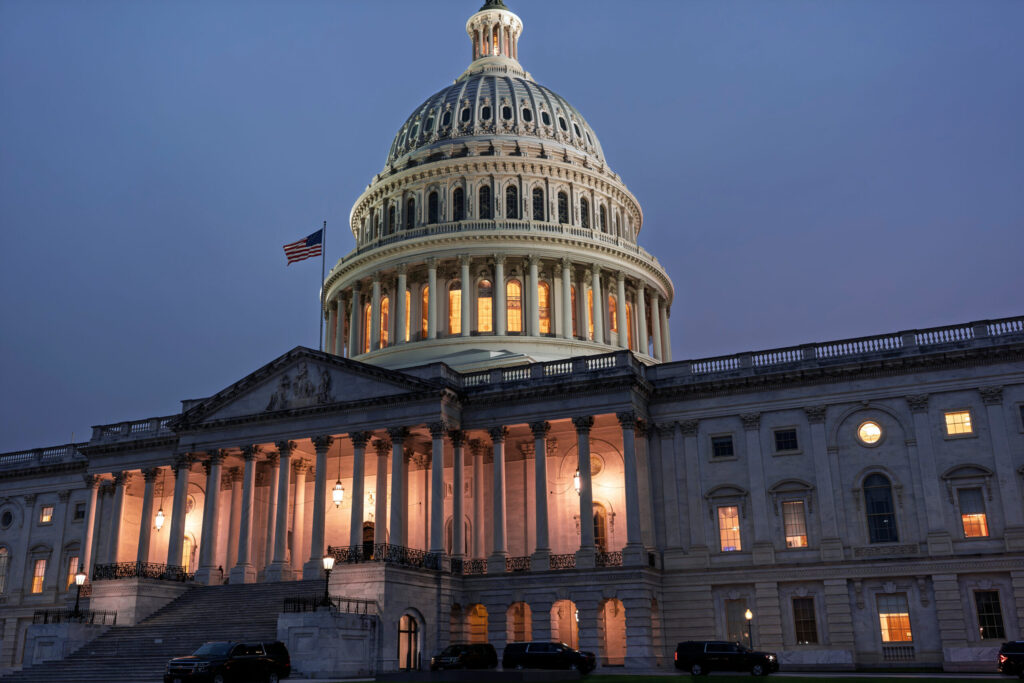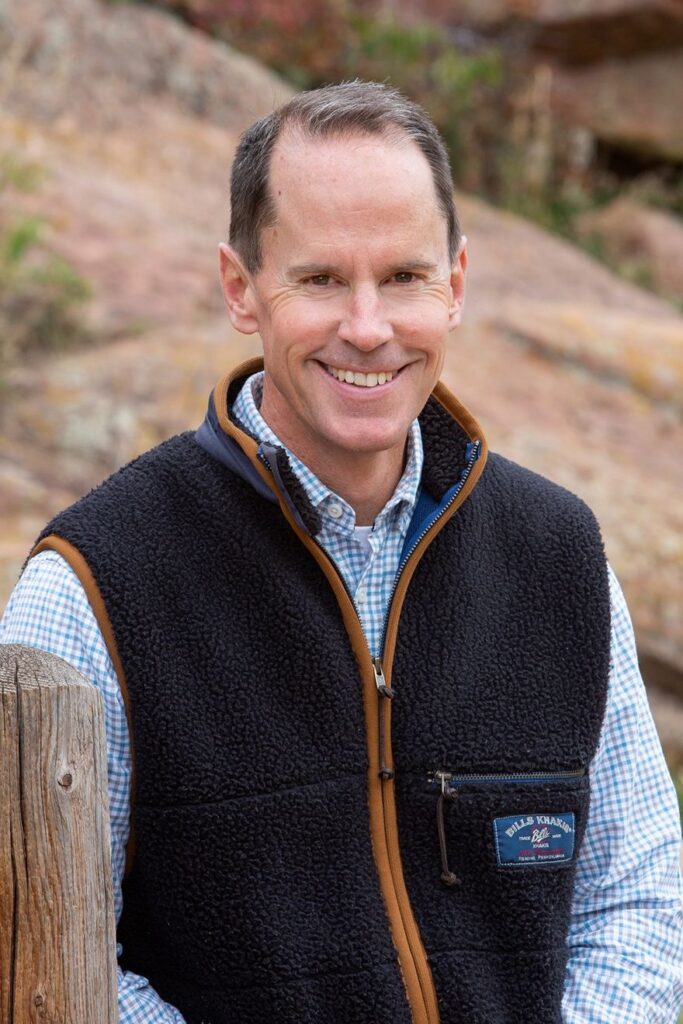LOMAX: The New York Times hailed the benefits of fracking. What’s left for anti-oil and gas groups?

How often do you think the New York Times and a Colorado Springs conservative ever agree, about anything?
That’s the question I was asking myself after reading recent news coverage in the Times about the geopolitical importance of U.S. oil and natural gas production. The Jan. 28 story explained how much diplomatic and economic leverage we now have over countries like Saudi Arabia and Russia, which have historically used their energy supplies to intimidate other nations and get their own way.
We used to be one of those intimidated nations. Starting with the oil embargoes of the 1970s, a cartel led by the Saudis has manipulated the supply and price of oil to gain influence and hurt competitors. For example, the Organization of Petroleum Exporting Countries was responsible for the 1980s crash in oil prices that decimated the U.S. oil and natural gas industry and hit the Colorado economy and Denver real estate market especially hard.
According to the Times, OPEC tried the same tactic again a few years ago, driving down oil prices to kneecap the U.S. energy sector and limit the homegrown energy production made possible by advances in horizontal drilling and fracking technologies. But this time, the move backfired.
“American exploration quickly dropped, but the price squeeze made companies more innovative in the use of drilling technologies, robotics and sensors to maximize output and reduce costs,” Times reporter Clifford Knauss wrote. As a result, U.S. energy production swiftly rebounded and OPEC started losing market share. The cartel was forced to back down.
“Now the U.S. has gained the leading position in the world oil market regardless of what OPEC does,” René Ortiz, a former OPEC secretary general, told the Times.
It’s a similar story with natural gas. Increased production and the approval of export terminals that liquefy the gas for shipping overseas are “undercutting Russian energy dominance over Eastern Europe,” according to the Times. More export terminals are planned, include the Jordan Cove project in Oregon, which would ship natural gas produced in Western Colorado to allies in Asia, such as Japan and South Korea.
The Times also interviewed Pulitzer-prize winning historian and energy analyst Daniel Yergin, who called the fracking revolution “a 180-degree turn for the United States and the impacts are being felt around the world.”
“This not only contributes to U.S. energy security but also contributes to world energy security by bringing new supplies to the world,” said Yergin.
That’s quite a report from the Times, a news outlet with very strong liberal credentials. But six months earlier, a conservative author made the very same points about energy security in the pages of the Colorado Springs Gazette.
“We finally have the energy security we have sought since the Arab oil embargo of the 1970s,” wrote Andy Pico, a U.S. Navy veteran and Colorado Springs City Councilmember. “And oil and gas development in Colorado, made possible by fracking, is a big reason why. We have turned things around so much, in fact, that we can help our allies break their dependence on hostile regimes for energy as well.”
Pico, who now has children who serve in the military, explained how domestically produced energy is not only “breaking the grip of Russia and OPEC,” it’s also subject to much tougher environmental protections.
“Environmental regulations in our country, and especially here in Colorado, are more stringent and put industry under more scrutiny than anywhere else on the planet,” he said. “As a result, the energy we produce here is much cleaner than oil and natural gas produced in Russia and OPEC nations. These are places, after all, where asking questions about state-run industries will land you in prison – or worse.”
Pico’s column was a response to the years-long campaign by anti-oil and gas groups to ban fracking in Colorado, either directly or with new laws and regulations that make drilling practically impossible.
For example, in 2016 and again this year, national “keep it in the ground” groups like 350.org and Food & Water Watch have pushed a ballot measure to ban drilling within 2,500 feet – almost half a mile – of occupied buildings and a long list of other areas they have deemed off-limits. As I have written in this space before, that’s effectively a statewide ban. It would block drilling across 90 percent of the state’s land mass and 95 percent of the acreage in the state’s top oil and gas producing counties, according to an analysis prepared by the Hickenlooper administration.
In his column, Pico says the economic stakes oil huge, but he asks public officials and citizens to also consider “the national security and geopolitical implications of the energy we produce at home.”
“[P]lease do not overlook how much this matters to the men and women who defend our nation and our interests abroad,” he said.
“Most of all, do not fall for the scare tactics of anti-fracking groups or be tricked into thinking we’d be better off without oil and natural gas production in Colorado. It just isn’t true.”
Like any issue, there will always be room for debate and disagreement about energy policy. But these two articles – one in the New York Times and the other in the Colorado Springs Gazette – show once again there’s nowhere near as much conflict on energy issues as anti-fracking activist groups claim.














